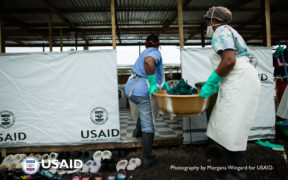Home

FHI 360 developed and implemented a multicomponent mentoring program for ABYM (ages 15–24) called Young Emanzi. The program promotes positive gender norms, gender-equitable and healthy relationships, and economic productivity while also addressing the reproductive health needs of ABYM.
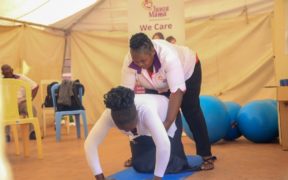
Our colleagues at Amref share how the Tunza Mama network improves the socio-economic status of midwives while positively impacting the health indicators of mothers and children in Kenya.
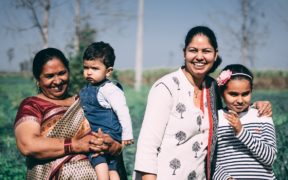
With the prospect of delivering an effective COVID-19 vaccine ever changing, public health professionals have a responsibility to ensure uninterrupted access to essential health care to women and their families. We must take this opportunity to reinvigorate health systems strengthening efforts that prioritize decentralized, community-based and client-focused mechanisms for accessing health products, services and information.
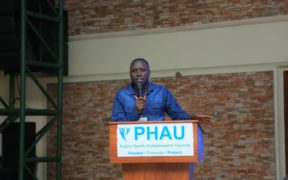
Youth and adolescents need special consideration. This article articulates the important role of decision makers and technical advisors in enhancing access to RH services by youth during COVID-19.
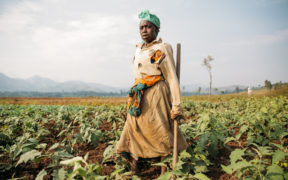
COVID-19 has upended our lives and, possibly more significantly, many of our assumptions about its impact on the world. Experts in family planning are deeply concerned that interruptions in the contraceptive supply chain may result in a spike in unplanned births over the next six to nine months. And, if that proves to be true, what will be the impact on the environment?
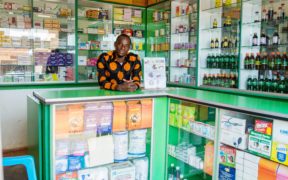
Donors and a small group of implementing partners are working to understand how to best support and involve drug shops as safe and reliable family planning providers. Expanding the broader community of family planning professionals’ understanding of the drug shop operators’ impact is going to be important for ensuring a supportive policy and programmatic environment for these providers.

Young leaders can be a powerful force for change, and they can be even more effective when they have access to seasoned allies. USAID's Health Policy Plus (HP+) shares insights from an intergenerational mentoring program in Malawi. Young leaders receive the support they need to engage village, district, and national stakeholders to deliver on the promises surrounding youth-friendly health services (YFHS) and ending early marriage.
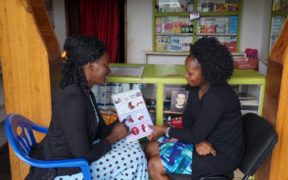
Injectables are the most popular family planning method in Uganda but, until recently, were offered only by community health workers and at health facilities and hospitals. In contrast, the country’s 10,000 drug shops, which provide greater access in hard-to-reach rural areas, were authorized to supply only short-acting, nonprescription methods. FHI 360 supported the government of Uganda in training drug shop operators to offer injectables as well.
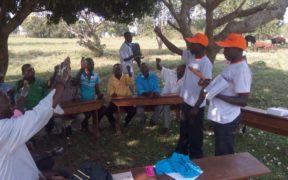
Studies have shown that men are highly influential in couples’ decisions about family planning (FP) and that their engagement in FP and other health services can be beneficial to their partners, their children, and themselves. However, in many countries, deeply embedded ideas about appropriate gender roles, as well as myths and misconceptions about FP, create barriers to men’s support for and participation in FP services.


